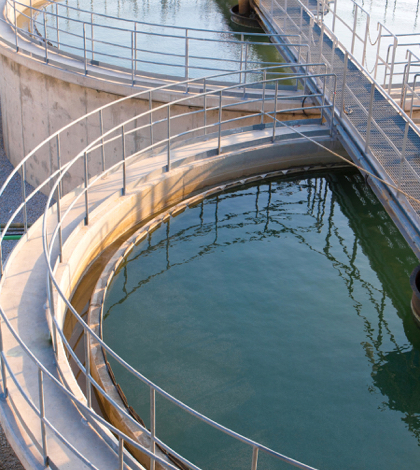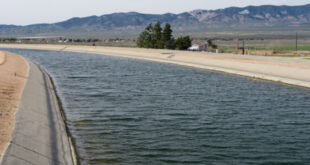While many residents in the Bay Area and Central Valley are feeling the severe impacts of the California drought, the majority of the state is hoping a strong El Nino will fix the state’s water supply deficit. Instead of relying on that hope, the city of San Francisco has decided to make a historical move: requiring developers to use onsite water reuse systems for all non-potable water needs.
Instead of using drinking water for things like irrigation and the flushing of toilets, developers must now implement onsite treatment systems. These systems would have to use rainwater, grey water, black water and storm water for non-potable use.
In addition to onsite treatment systems, the city will be required to use non-potable water for irrigation and cleaning of public spaces. The expectation is that the city will implement this in five years.
San Francisco County Board of Supervisor Scott Wiener proposed the legislation, despite green practices taking place before the law was signed during the summer. The San Francisco Public Utilities Commission began a voluntary program in 2012 where developers would cut water usage. According to the water utility, more than 30 projects have been developed under the program.
“There was a lack of policy in place to allow for the collection and treatment of these kinds of water sources in private buildings,” San Francisco Public Utilities Commission director of water resources Paula Kehoe told Huffington Post. “We decided to remove that barrier and let innovation occur.”
Although San Francisco is one of the most water-conscious cities in the state, residents are striving to continue conserving. This legislation could save even more water that would otherwise be treated and dumped into the ocean. According to Kehoe, 95 percent of commercial office buildings’ water usage does not need to be potable; about 50 percent of residential buildings do not need to be potable.
 California Water News Daily Your Source For Water News in California
California Water News Daily Your Source For Water News in California


